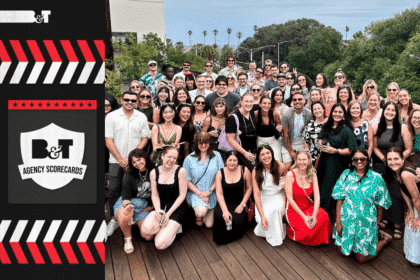The man described as the ‘Father of the Internet’ has taken aim at the Australian Government’s proposed News Media Bargaining Code on behalf of Google.
Vint Cerf [featured image], who co-designed the TCP/IP protocols that power the modern internet and is now employed by Google as VP and chief internet evangelist, has penned a blog post outlining what he sees as the problems with the proposed code.
At the core of Cerf’s argument is the idea of a free and open internet.
“Google was founded to help users find information in this ocean of webpages,” Cerf said.
“It helps to connect people to millions of businesses, service providers and knowledge sources, and enables website owners to earn money through online advertising.”
He added: “Digital platforms do not owe publishers compensation for the emergence of an internet-based economy.”
Cerf also reiterated the fact that news content makes up a relatively small portion of the information that is available on the internet. According to Google, news searches make up around one per cent of all searches in Australia.
“The reason news businesses are making less revenue is not because Google exists,” Cerf said.
“It is because in a much more open and diverse digital market, news businesses began to face competition from websites that have taken classified advertising online, including Australian platforms like Seek and Domain.”
Cerf argues that to impose the News Media Bargaining Code – which is expected to see both Google and Facebook forced to pay Australian media companies a fee for the use of news content – would be to “distort” the open internet.
“One of the key arguments behind the code is the idea that Google should pay for news content that ‘is made available’ through Search results. But that’s not how search engines work, or should work, nor how people use them,” he said.
“When you search online, no matter what you’re looking for, you get links and in most cases one or two lines of text (called ‘snippets’). In the case of a news article, you only get the chance to read the full piece after clicking through to the publisher’s site.
“Links are the cornerstones of open access to information online; requiring a search engine (or anyone else) to pay for them undermines one of the fundamental principles of the internet as we know it today.”
The News Media Bargaining Code is expected to be finalised before December 12.








